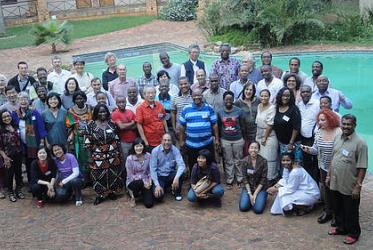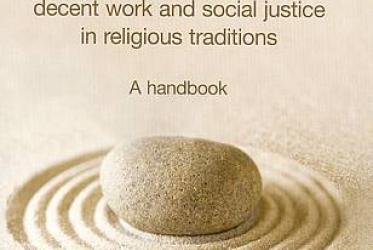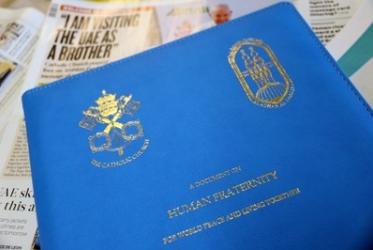Displaying 281 - 300 of 321
20 August 2013
WCC delivers climate change statement at COP 18
07 December 2012
Ethics and human rights focus for Rio+20 summit
22 March 2012
Christian leaders “fast for fair food”
02 March 2012
Working together for social justice and decent work
23 January 2012
Just peace, prayer and a common witness keep church relevant
22 December 2011
Durban outcome is not enough, says WCC
13 December 2011
Religious voices advocate for climate justice at Durban
28 November 2011
Before Durban climate talks, Brazilian ecumenists think about Rio+20
23 November 2011
Raising ethical dimensions in debate on climate justice
22 September 2011
WCC general secretary: Peace and justice gain momentum
14 September 2011
Building peace in solidarity with the poor
12 September 2011
Challenge injustice and violence to find unity
07 June 2011
Human trafficking: violence against humanity
22 May 2011
An environmental agenda for the churches
21 May 2011















